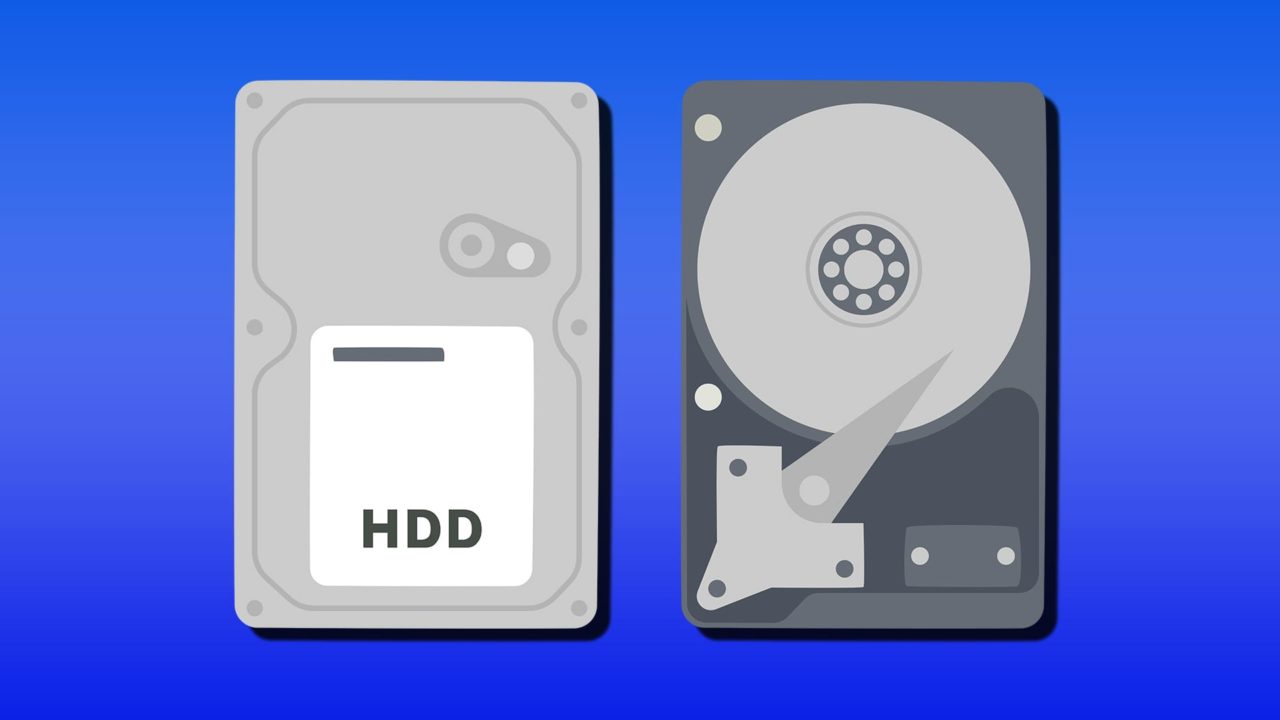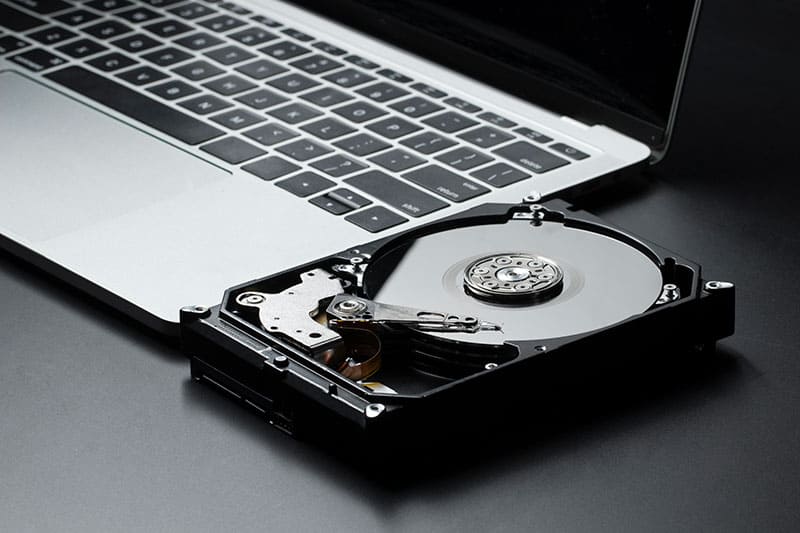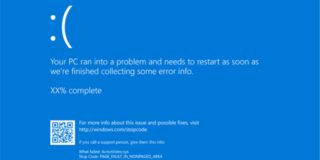Are HDDs Still Relevant in 2025?

The magnetic hard disk drive (HDD) was once the only viable method of storing substantial amounts of data. Since the late 2000s, however, that’s no longer the case. Solid State Drives (SSDs) have gone from being an upstart means of storage to the go-to method for most users today. Does that mean that HDDs are no longer useful in 2025?
Quick answer: Of course, they’re still useful.
This article will look at what separates the two major types of storage, their strengths and weaknesses, and why the HDD is not as obsolete as you might believe.
HDD vs. SSD

Let’s start with a quick comparison of the two main types of hard drives. HDDs have been around for many decades at this point, and store their information on a magnetic disk. A writing head reads and writes information, moving up and down the disk/s of a drive.
SSDs are relative newcomers to the scene. They store memory via connected flash chips, which work when an electric current is passed through them. They function differently from flash drives and can store much more data. No moving parts means that SSDs can read and write in an instant. Operating systems can boot in a matter of seconds, not minutes.
SSDs – The New Golden Child
Hang around any IT shop or ask an online forum, and most will be eager to sing the praises of the SSD. It’s no wonder either: this new storage medium excels in many ways. Here are some of the major ones:
- Speed – Perhaps the most notable difference to any user with an SSD is the read and write times. Functioning by electric signals rather than a read/write arm means that the hard drive can do more in a fraction of the time.
- Mobility – SSDs are static drives, and can be welded directly to motherboards. This allows manufacturers (especially in the laptop sector) to design slim and ultra-portable machines. What’s more, the lack of moving parts means that an SSD can take more knocks without being damaged.
- Energy Efficiency – HDDs generate noise and heat through friction of their moving parts. SSDs have no such concerns, running whisper quiet while saving you money on your energy bill.
So that’s it, case closed, right? Not really. Despite its advances and advantages, there are still many ways an HDD surpasses its newer rival.
Are HDDs Still Used?

It may surprise you to know that there are many areas and industries that still ask for HDDs in their work. Why? Well, let’s look at the major reasons:
It’s Still Cheaper
There was a time when even 1GB of SSD memory would cost more than an HDD. Thankfully, that gap has been closed drastically with advances and availability. The fact remains though: if you’re looking for more storage for less, HDDs win every time. A 2TB HDD is still an average of $30 cheaper than a same-sized SSD.
Speed Isn’t Everything
External storage doesn’t need the quickest response times. In fact, extra storage space is more valuable. If you’re using your HDD to store movies and media, then you don’t need the fastest drive on the market, just the most reliable. Speaking of which:
It Lasts
SSDs require an electric current to be passed through them once a year at minimum before they start to fail and lose data. This isn’t a problem with an HDD. The magnetic plates of an HDD are much harder to lose to time, making it ideal for archivists and those who need plenty of storage without worrying about remembering to plug things in now and then.
















